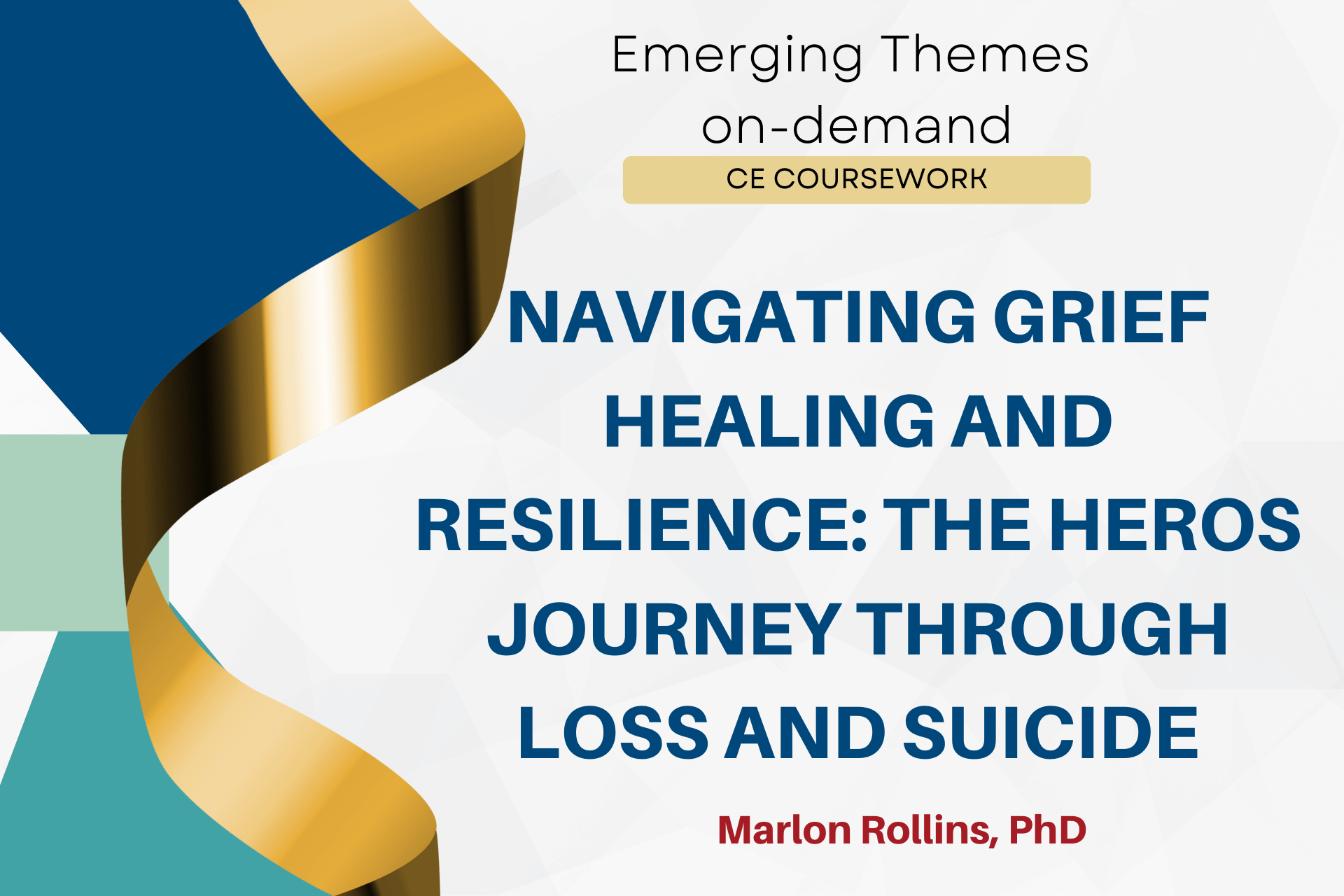On-Demand Courses
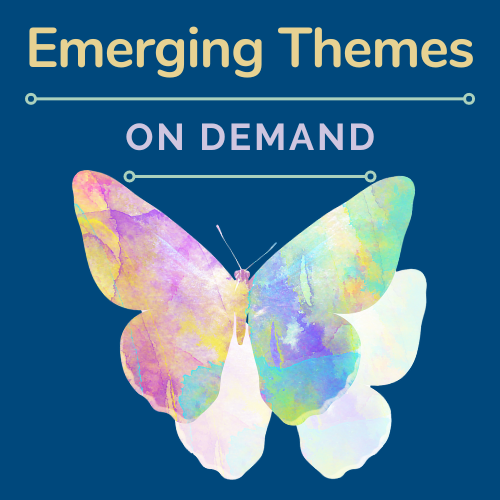
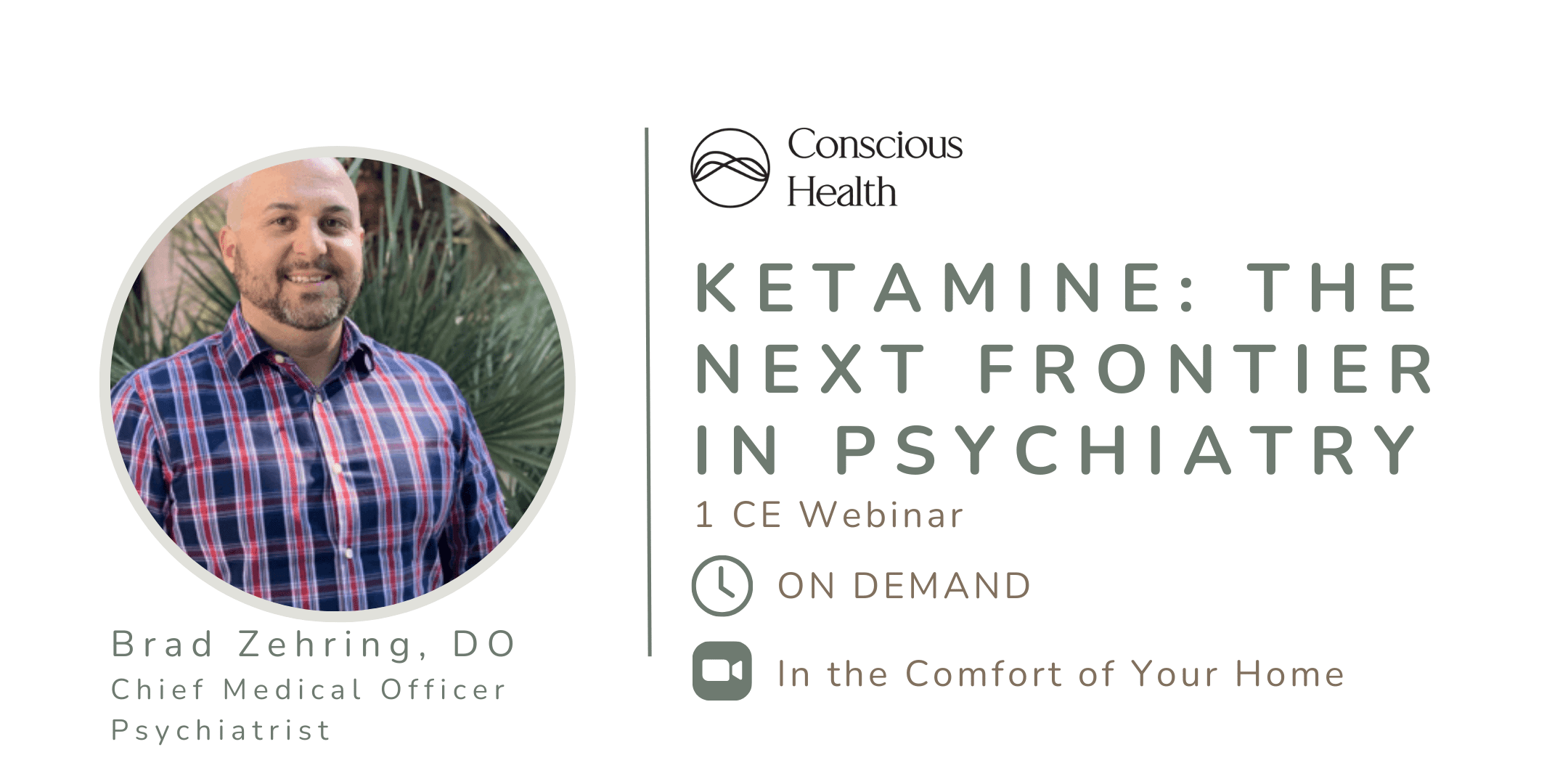
A INFORMATIVE TALK BY DR BRAD ZEHRING, DO
Ketamine: the Next Frontier in Psychiatry
Our GIFT to you;
Learn & Earn 1 CE
This session offers a comprehensive exploration of the evolving landscape surrounding ketamine therapy within the last five years, particularly within the field of behavioral health. Participants will delve into the clinical necessity for ketamine use, focusing on research-backed evidence. The course will guide clinicians in identifying appropriate candidates for treatment while emphasizing the importance of understanding the mechanism of action.
ON-DEMAND COURSEWORK – Earn up to 15 CE’s
Navigating Grief Healing and Resilience: The Heros Journey through Loss and Suicide
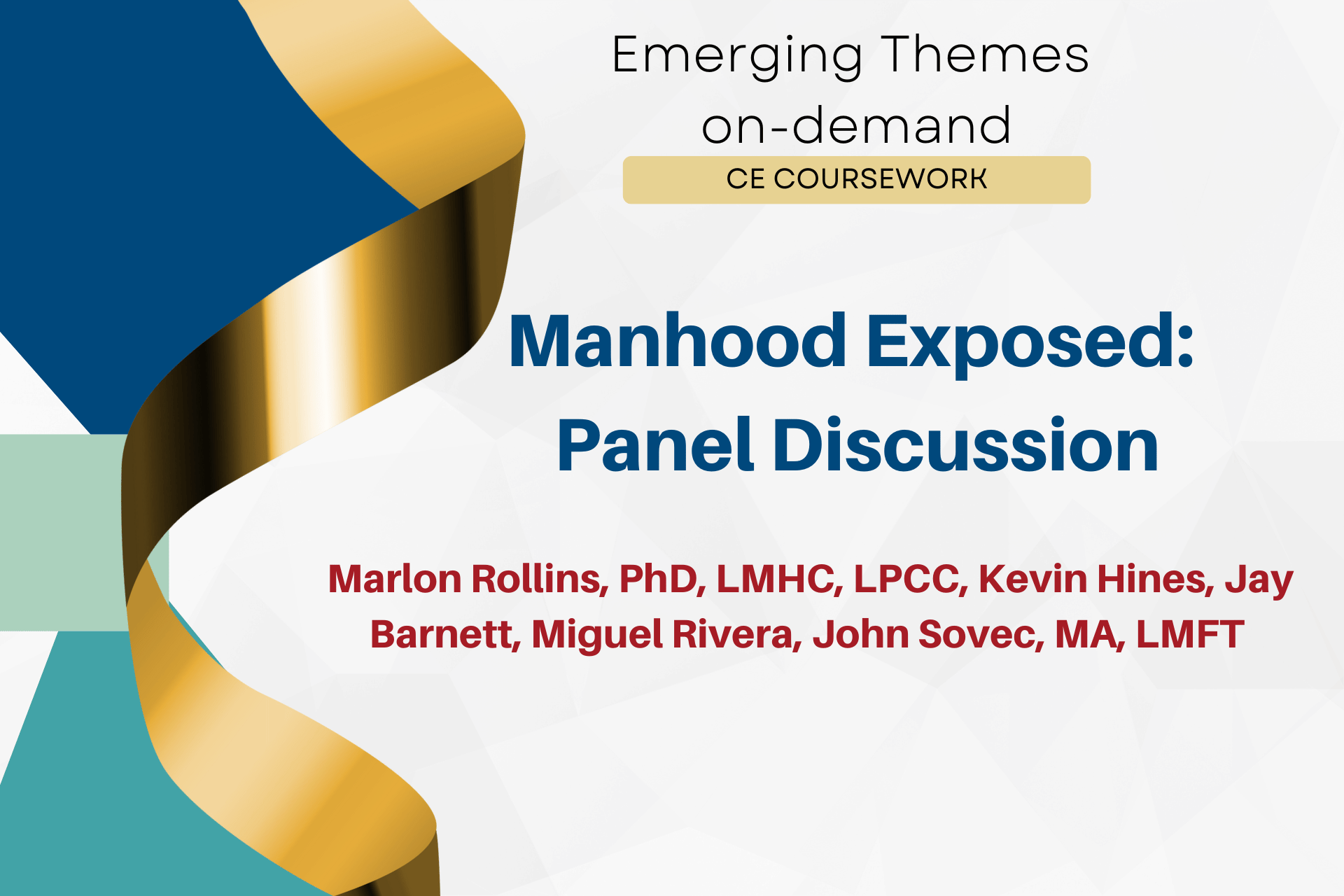
Manhood Exposed: Panel Discussion
Marlon Rollins, PhD, LMHC, LPCC, Kevin Hines, Jay Barnett, Miguel Rivera, John Sovec, MA, LMFT
A diverse panel of men in HEAL professions (health, education, administration, and literacy) unpack the social and emotional challenges men face as they emerge into manhood. Topics discussed include masculine identity development, fatherhood, friendships, sexuality, help seeking behavior and intimate relationships. Attendees will learn from a thought-provoking discussion on men’s emotional health, social ramifications of cultural/ethnic disparities among males and mindful strategies to promote masculine healing practices and help-seeking behavior.
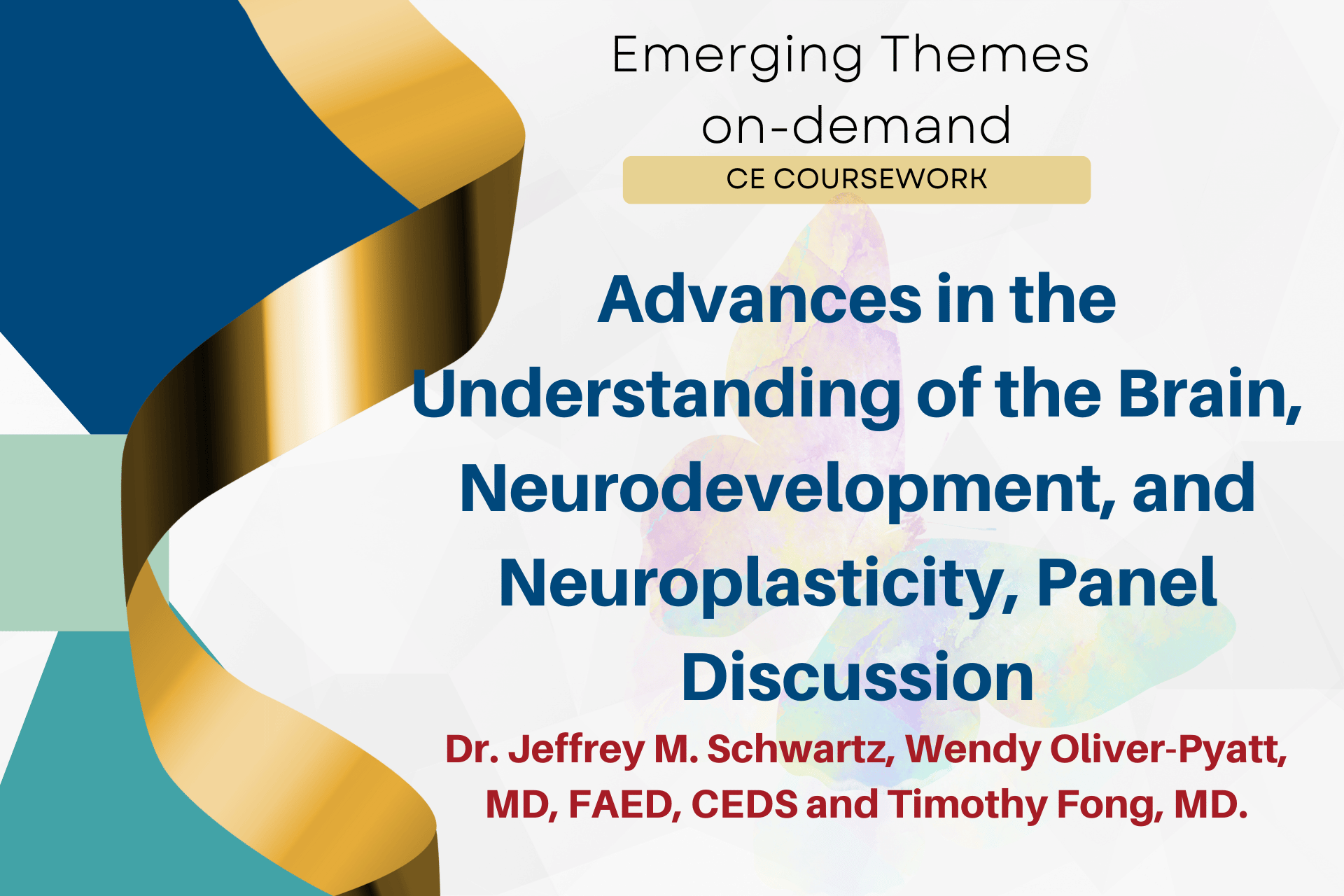
Advances in the Understanding of the Brain, Neurodevelopment, and Neuroplasticity Panel Discussion
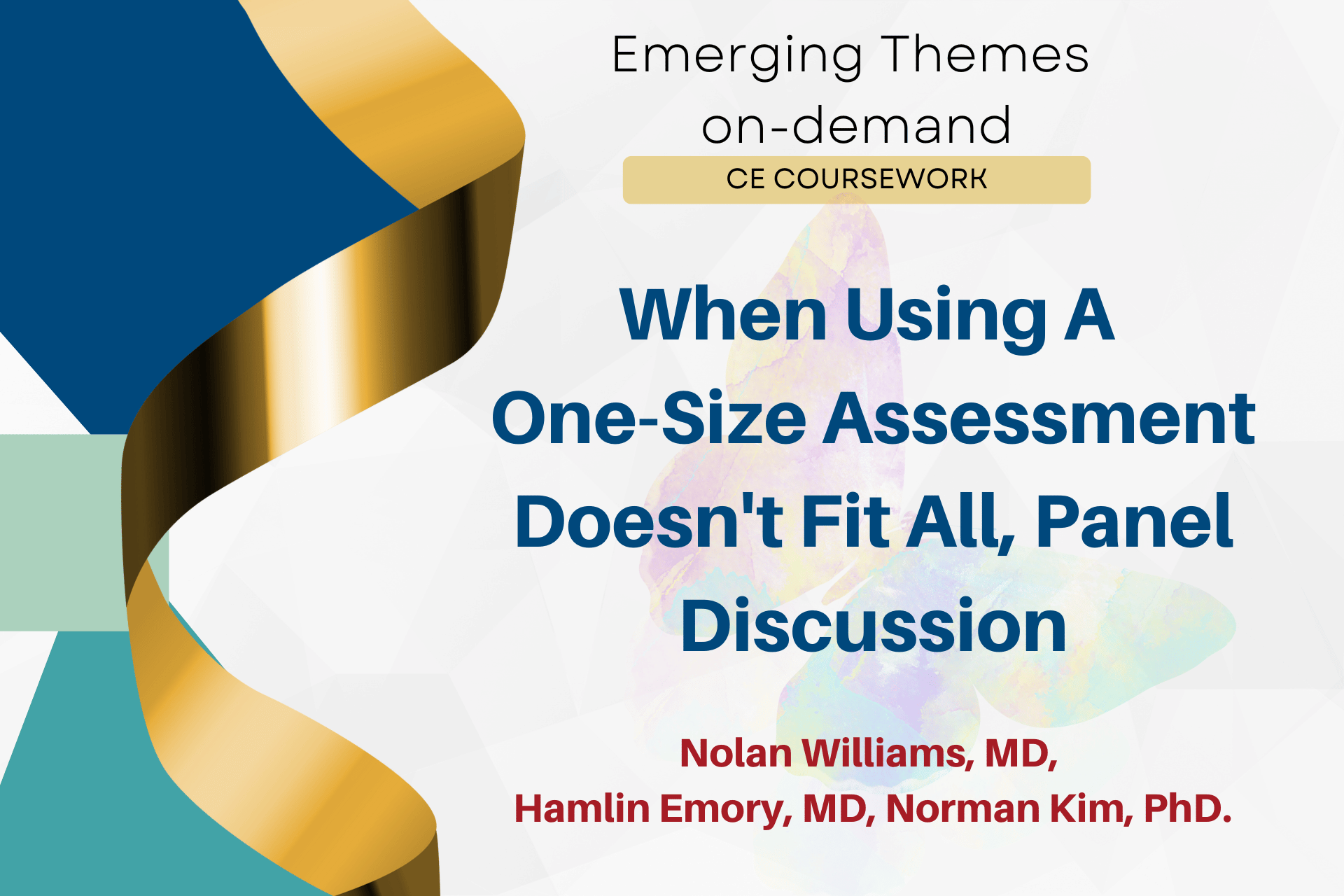
When Using A One-Size Assessment Doesn't Fit All Panel Discussion
Nolan Williams, MD, Hamlin Emory, MD, Norman Kim, PhD.
This course is designed to update attendees about the latest advances in understanding of the brain, including neurodevelopment and neuroplasticity. Distinguished presenters will review effective evidence-based modalities for sleep, dyslexia, addiction, and substance use disorders as well as the theorized pharmacological effects of psychedelics and mechanisms of actions of transcranial magnetic stimulation (TMS). Finally, attendees will discover an effective mindfulness-based cognitive therapy (MBCT) approach to managing anxiety and depressive symptoms

Advances in the Understanding of the Brain, Neurodevelopment, and Neuroplasticity Panel Discussion
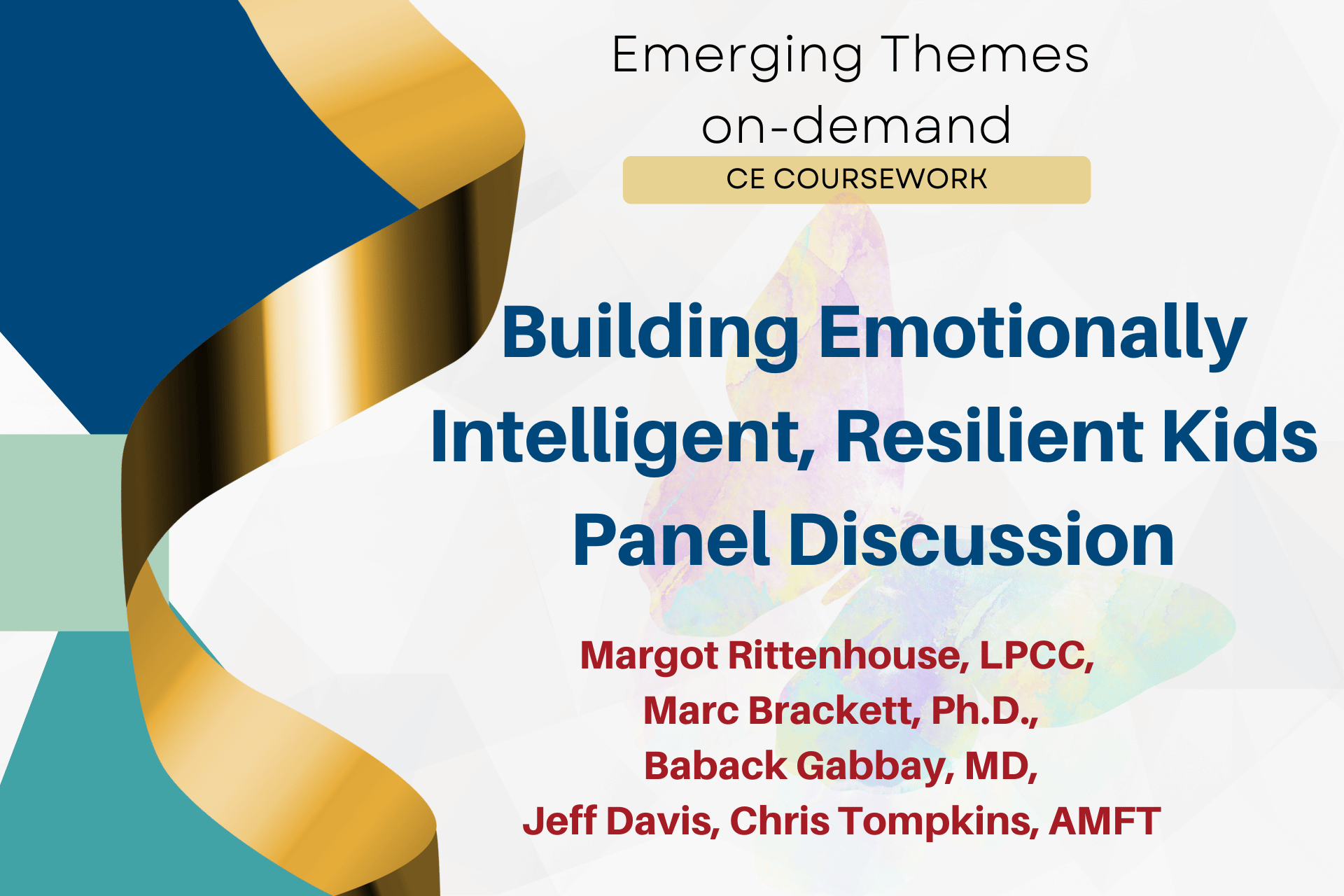
Building Emotionally Intelligent, Resilient Kids Panel Discussion
Margot Rittenhouse, LPCC, Marc Brackett, Ph.D., Baback Gabbay, MD, Jeff Davis, Chris Tompkins, AMFT
Helping children build resiliency is more important than ever. Children are navigating school stress, bullying, worries about safety and belonging, and concerns about body image, to name a few. They are also impacted by parent or caregiver’s distress over money, job, family relationships, illnesses (physical and mental) as well as exposure to video games, social media, and drugs and alcohol. The good news is that the developing brain is shaped by positive experiences as well, so resilience can be taught, modeled, and nurtured. In this course, distinguished panelists will explore models of resiliency in children and adolescence. Attendees will explore how emotional skills, vocabulary, self-regulation, and accurate depiction of mental health struggles in the media can contribute to the health and well-being of our young people.
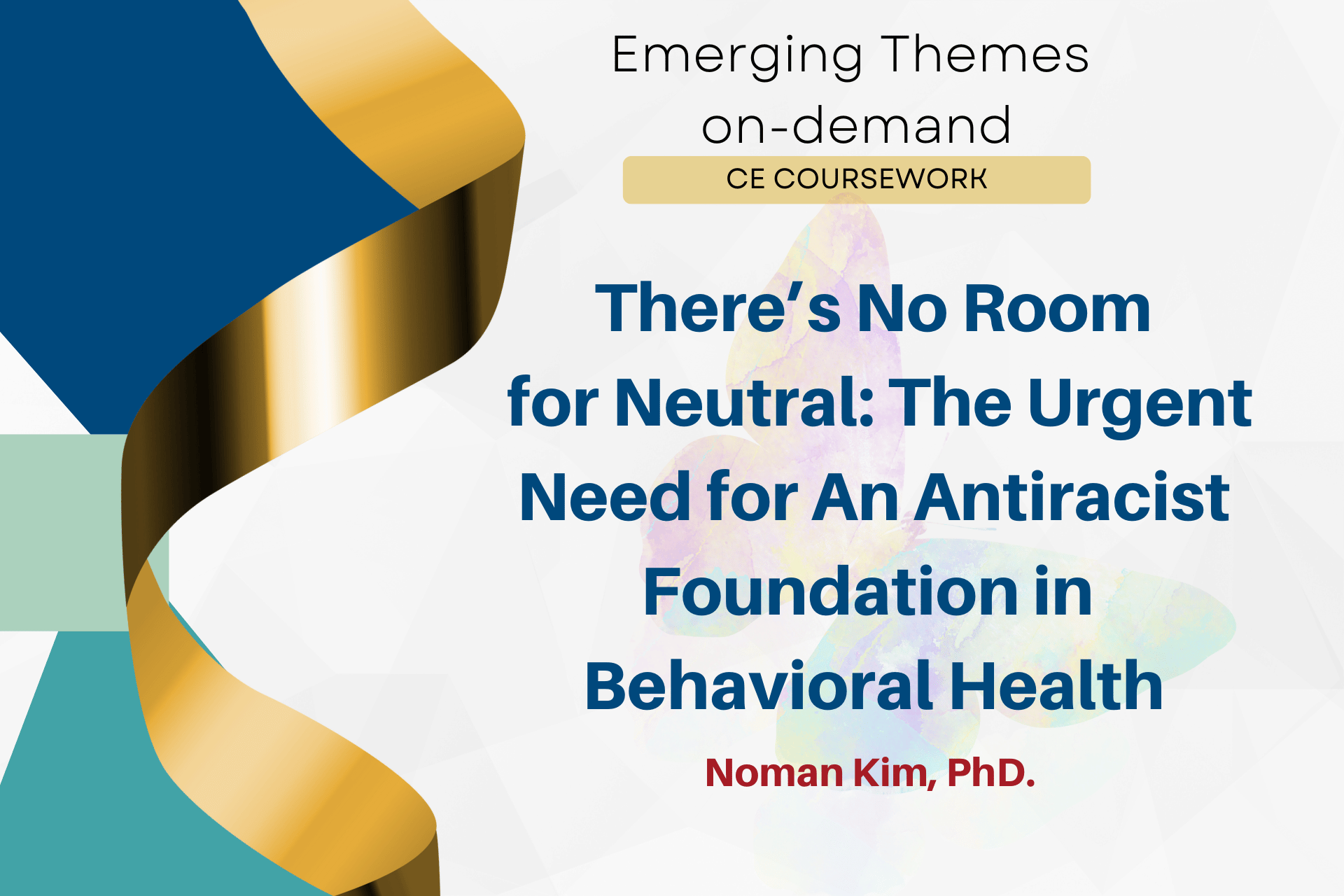
There’s No Room for Neutral: The Urgent Need for An Antiracist Foundation in Behavioral Health
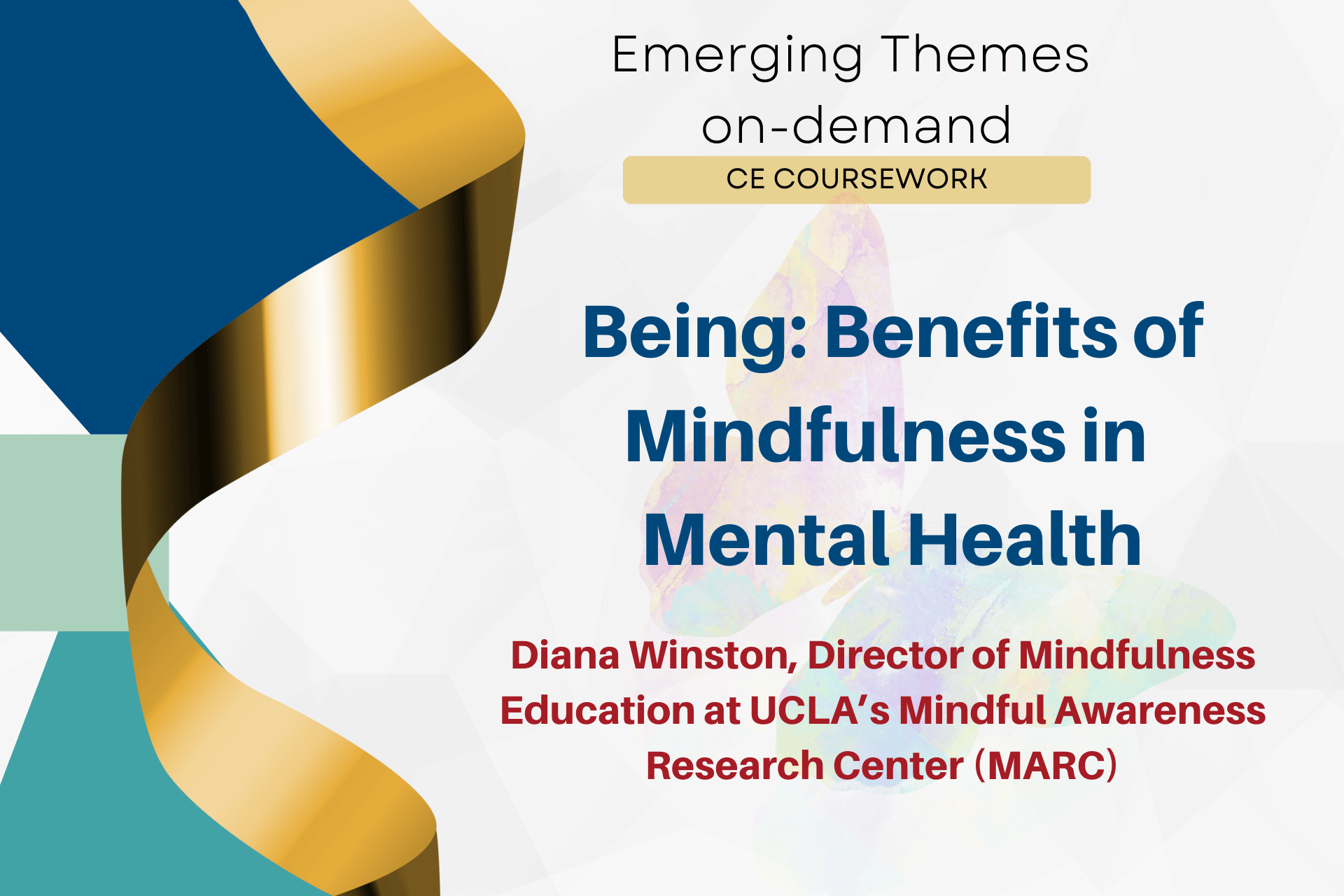
Being: Benefits of Mindfulness in Mental Health
Diana Winston
Mindfulness is paying attention to our present moment experiences with openness, curiosity, and a willing to be with that experience. Mindfulness has scientific evidence showing its positive impact on stress, attention, physical and mental health, and even the development of positive emotions and altruism. Some of the most robust research centers on using mindfulness to help us deal with anxiety and depression. Mindfulness is being widely used by clinicians in both existing programs such as MBCT, ACT, and DBT, as well as informally by clinicians worldwide. This course will explore the science and practice of mindfulness and look at its implications for mental health, as well as discuss how to integrate it into your own professional practice.

